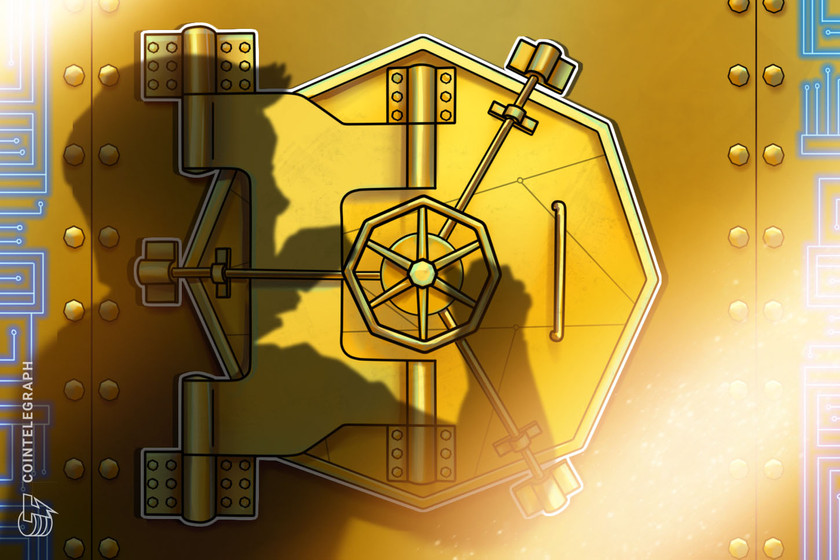MakerDAO votes to keep USDC as primary collateral, rejects ‘diversification’ plan
MakerDAO, the decentralized autonomous organization (DAO) that governs the DAI stablecoin, has voted overwhelmingly to keep USD Coin (USDC) as the primary collateral for DAI. An alternative proposal to “diversify” collateral into Gemini U.S. Dollar (GUSD) and U.S. Dollar Paxos (USDP) has been rejected in a 20% to 79% vote, according to the proposal’s official page.

In the proposal posted on March 17, the MakerDAO Risk Core Unit suggested that the risk of a cascading bank run in the U.S. has been reduced, thanks to responses from the U.S. federal government. As a result, the risk of using USDC as collateral “has declined significantly since last week and further solvency concerns or depegs are not expected at this time.”
However, it also argued that some risks remain. USDC has “potentially more risky exposure to uninsured bank deposits” and “a weaker legal structure” when compared to its competitors, GUSD and USDP, the proposal stated.
Related: Powell says Fed stumped over the collapse of SVB
The Risk Core Unit offered two options to “normalize” the rules for minting DAI now that the crisis has passed. The first option was to spread minting capacity limits across USDC, GUSD, and USDP. If this option were chosen, the fee for converting USDC to DAI would be reduced from 1% to 0.05% immediately, but would not be reduced all the way to zero until some later date.
The Risk Core Unit stated that this first option would “more evenly distribute Maker PSM stablecoin reserves across several assets,” reducing risks from a USDC depeg.
The second option was to increase USDC to DAI minting capacity from its current 250 million to 450 million and reduce the fee to 0%. In this case, the rules for minting DAI would be brought “more closely to their previous state,” which would make DAI “continue to have outsize exposure to USDC,” it said.
Related: Powell says Fed stumped over the collapse of SVB
MKR holders overwhelmingly approved the second option, with 79.02% voting for it versus 20.69% for the first option. Less than 1% (0.29%) voted to reject both options and 0.15 MKR votes (around 0%) were used to abstain.
After a wave of bank failures, the USDC stablecoin lost its $1 peg on March 11, briefly falling below $0.90 per coin. In response, MakerDAO implemented extraordinary measures intended to prevent arbitrageurs from dumping their coins onto the protocol and causing DAI to become undercollateralized. The fee to mint DAI using USDC as collateral was raised from 0% to 1%, and the daily minting limit for this process was reduced from 950 million DAI to 250 million DAI.
But on March 13, USDC regained its $1 peg, rising as high as $0.9987. However, the extraordinary measures were still in place as of March 23, prior to the passage of this proposal.









